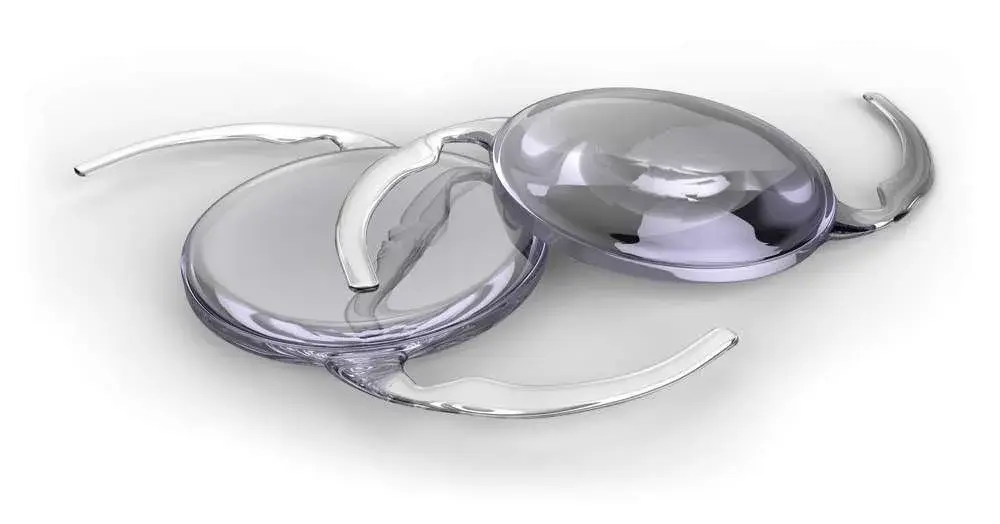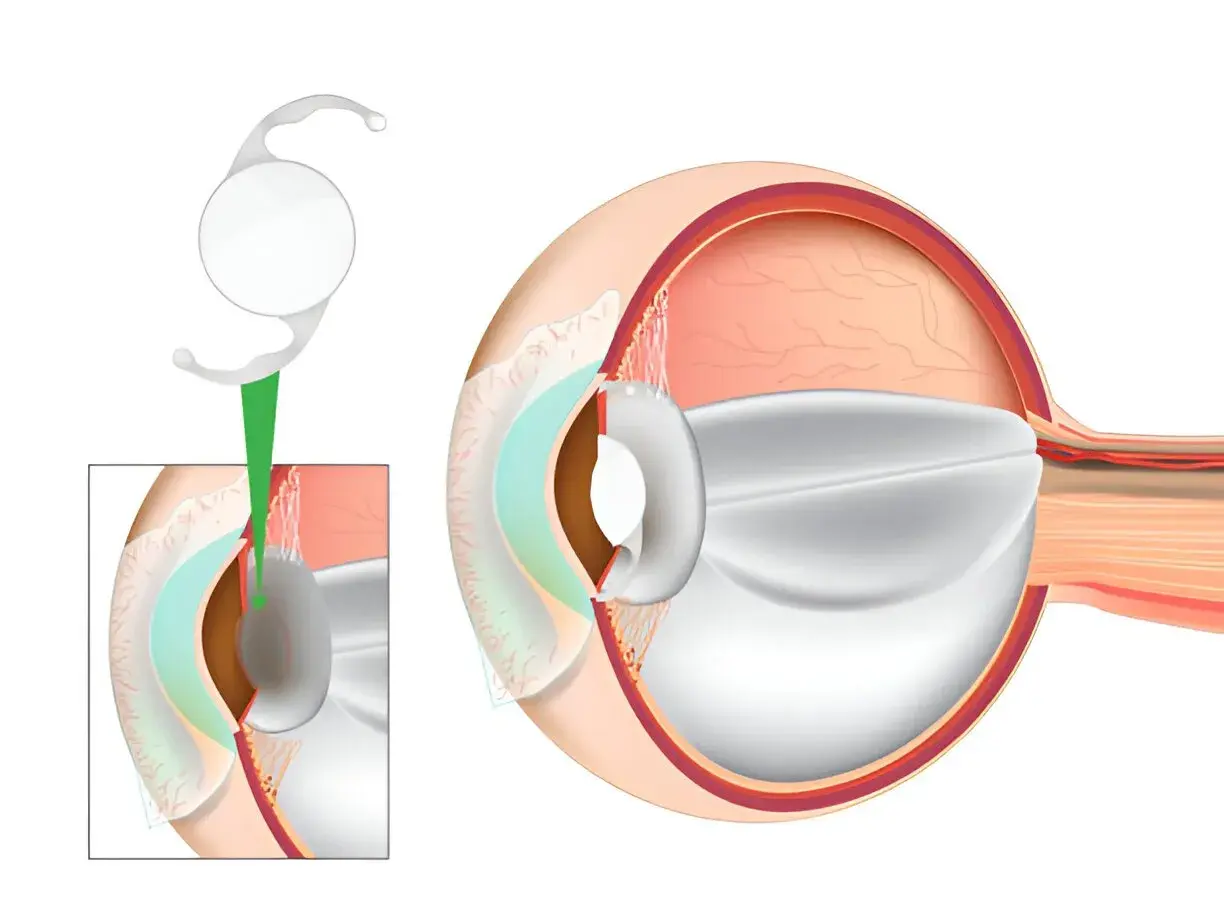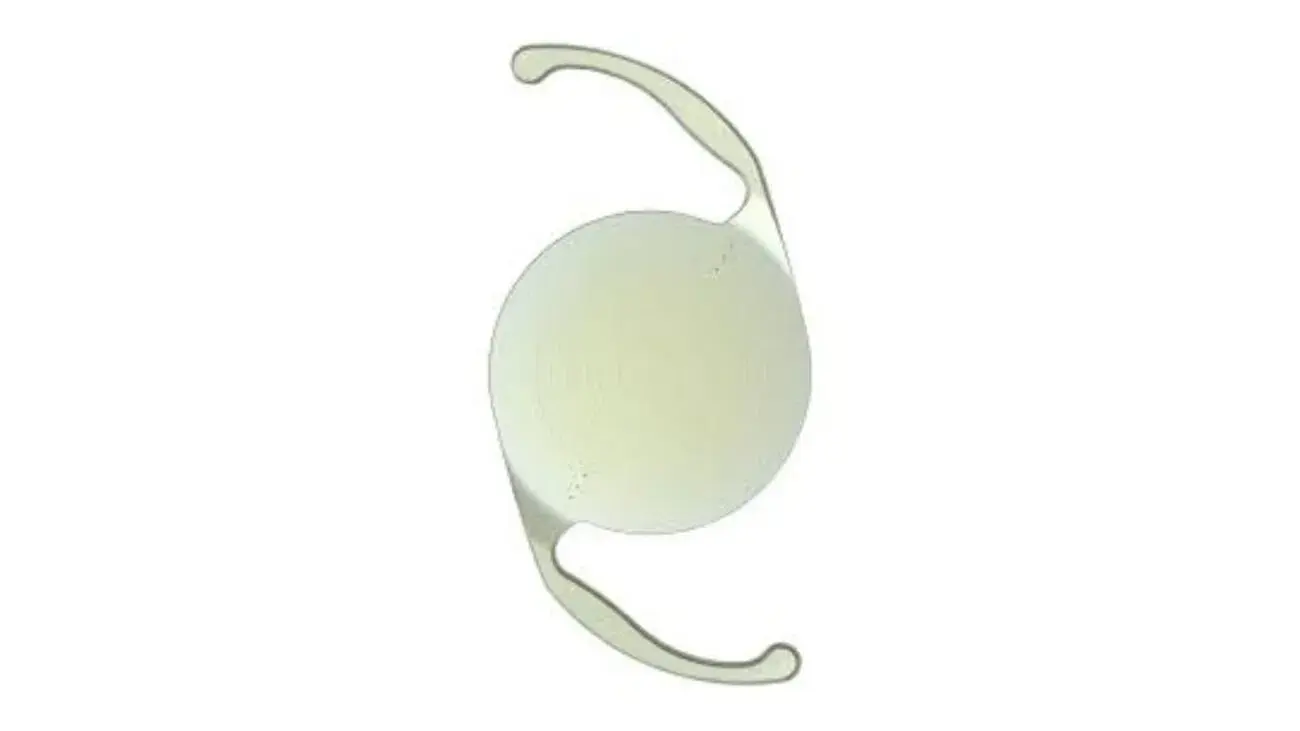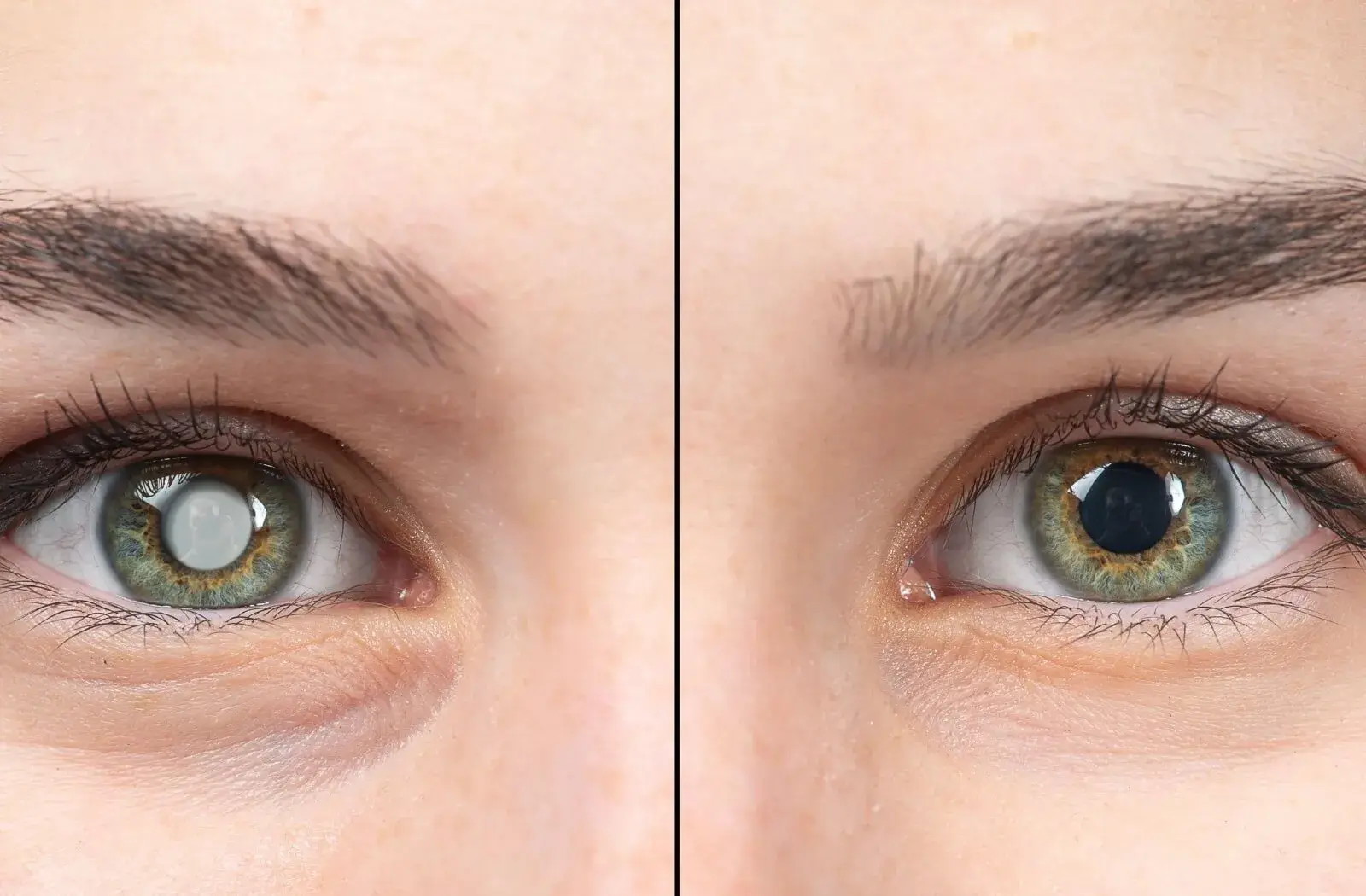IOL Lens Price List: Understanding Your Options for Lens Replacement Surgery

Choosing the right intraocular lens (IOL) is a crucial step in restoring vision and improving quality of life, especially for patients considering cataract surgery or refractive lens exchange. With numerous lens types and price variations, understanding the IOL lens price list can help patients make informed decisions about their options. Dr. Brendan Cronin, a leading specialist at Focus Vision, provides expert guidance to ensure patients receive tailored treatment plans.
For patients interested in improving vision and reducing dependency on corrective eyewear, booking an appointment through Focus Vision is the most reliable way to discuss costs, lens types, and expected outcomes with Dr. Brendan Cronin.

Cataract Surgery: A Path to Clear Vision
Cataract surgery is one of the most common and effective procedures to restore vision affected by developing cataracts or a cloudy lens. The surgery involves removing the eye’s natural lens and replacing it with an artificial intraocular lens (IOL).
- Purpose: Removes clouded lenses to restore clear vision.
- Procedure: Involves careful pre-operative assessments, surgical expertise, and post-operative care.
- Benefits: Improved vision, enhanced quality of life, and reduced dependency on glasses or contact lenses.
Patients often wonder about the cost of cataract surgery packages. The price may vary depending on the lens type selected, the surgical facility, the surgeon’s experience, and additional services such as follow-up visits. Dr. Brendan Cronin ensures all patients receive a thorough assessment to guide them toward the most suitable lens implant option.
Vision Correction: Choosing the Right Lens
Selecting the appropriate lens is critical to achieving optimal vision outcomes. Today’s options include single focal point monofocal lenses, multifocal lenses, extended depth of focus (EDOF) lenses, trifocal lenses, and toric lenses for astigmatism correction.
Key Advantages of Different Lens Types:
- Monofocal Lenses: Ideal for a single distance, often covered by private health insurance, and may require reading glasses for near vision.
- Multifocal Lenses: Offer a continuous range of vision, reducing the need for multiple pairs of glasses.
- EDOF Lenses: Offer improved intermediate and distance vision, with better focus under bright lights and fewer halos.
Patients can discuss the IOL lens price list during a consultation to compare options and determine which lens selected aligns with their lifestyle and vision needs. Focus Vision encourages patients to book an appointment to review lens implants and explore payment plans or personal loans if needed.

Quality of Life: Benefits Beyond Clear Vision
Investing in an artificial lens is more than just a significant investment in eye health—it can transform daily life. Replacing a cloudy lens not only restores vision but also enhances independence, confidence, and comfort in activities like driving, reading, or using digital devices.
- Reduced reliance on glasses or contact lenses
- Improved distance vision, intermediate vision, and reading vision
- Enhanced safety and mobility
- Fewer visual disturbances, such as glare or halos
Dr. Brendan Cronin emphasizes personalized care to ensure patients manage their expectations, minimize risks such as retinal detachment, and benefit from thorough follow-up appointments. For a detailed discussion on how lens replacement surgery can enhance your lifestyle, patients are encouraged to book a consultation with Focus Vision.
Key Factors Influencing IOL Lens Price List
The IOL lens price list can vary widely due to multiple factors:
- Type of Lens: Basic monofocal lenses are more affordable, whereas premium multifocal, trifocal, or EDOF lenses come at a higher cost.
- Surgical Expertise: The experience and skill of Dr. Brendan Cronin and the surgical team can impact outcomes and associated expenses.
- Facility Fees and Medical Expenses: Includes pre-operative assessments, surgical facility costs, anesthesia, and follow-up care.
- Insurance Coverage: Some private health insurance plans cover basic monofocal lenses and cataract surgery packages, while premium lenses may require a gap payment.
- Additional Costs: These may include post-operative eye drops, mild sedatives, and follow-up visits to ensure successful recovery.
Understanding these factors helps patients make an informed decision about their lens implant and budget effectively for lens replacement surgery.

Types of Intraocular Lenses: Understanding Your Options
Patients have a variety of intraocular lens (IOL) options, each designed to meet specific vision needs. Choosing the right lens is essential for achieving clear vision, improving quality of life, and potentially reducing reliance on glasses or contact lenses.
- Single-Distance Monofocal Lenses: Correct vision for distance. Near tasks, such as reading, may require the use of reading glasses. Often included in standard cataract surgery packages.
- Toric Lenses: Designed to correct astigmatism and provide sharper distance vision.
- Multifocal Lenses: Offer multiple focal points for near, intermediate, and distance vision, reducing the need to wear glasses.
- Trifocal and EDOF Lenses: EDOF lenses provide a continuous range of vision, especially useful for intermediate distances. Ideal for patients seeking minimal reliance on corrective eyewear.
During consultation, Dr. Brendan Cronin conducts a thorough assessment of the eye’s natural lens, corneal health, and lifestyle requirements to recommend the most suitable lens implant. For patients considering precise lens extraction or implantable contact lenses, booking an appointment at Focus Vision ensures expert guidance tailored to your vision goals.
Cost Considerations: Making the Investment in Vision
When reviewing an IOL lens price list, patients should weigh both short-term and long-term considerations to make a well-informed decision:
- Short-Term Costs: Include surgery fees, selected lens type, pre-operative assessments, facility fees, and post-operative care.
- Long-Term Benefits: Reduced reliance on glasses or contact lenses, improved vision, and enhanced quality of life.
Patients may utilize private health insurance, payment plans, or personal loans to manage their costs effectively. While premium lenses, such as trifocal or EDOF lenses, tend to be more expensive, the benefits of clearer vision and increased independence often justify the investment. Dr. Brendan Cronin ensures patients fully understand additional costs, gap payments, and financing options to make an informed decision.

Preparing for Surgery and Post-Operative Care
Successful lens replacement surgery involves meticulous planning and follow-up:
- Pre-Operative Assessments: Includes precise measurement of the eye, evaluation of developing cataracts, and selection of the appropriate lens implant.
- Surgery Day: Patients may receive a mild sedative, topical anesthesia, and the expert care of Dr. Brendan Cronin. The procedure typically includes cataract surgery, with a focus on minimizing recovery time.
- Post-Operative Care: Proper use of eye drops, adherence to follow-up appointments, and monitoring for potential complications, such as retinal detachment, are essential. Most patients notice improved vision within a few weeks.
Following post-operative instructions ensures effective treatment and optimal visual outcomes. Patients seeking personalized guidance on preparation and recovery should schedule a consultation at Focus Vision.
Conclusion: Making the Right Choice for Your Vision
Choosing the right IOL is a vital step toward restoring vision, enhancing quality of life, and reducing dependency on corrective eyewear. Understanding the IOL lens price list, exploring different lens types, and considering cost factors empowers patients to make the best decision for their individual needs.
Dr. Brendan Cronin combines surgical expertise with a patient-focused approach, guiding each individual through lens selection, insurance coverage, and post-operative care. Whether you are considering precise lens extraction, implantable contact lenses, or premium EDOF lenses, booking an appointment at Focus Vision ensures expert guidance every step of the way.
Investing in a lens implant is more than just correcting vision—it is about achieving clear focus, independence, and improved comfort in daily life. Take the first step today and book your consultation through Focus Vision to discuss options, pricing, and the best treatment for your eyes.
